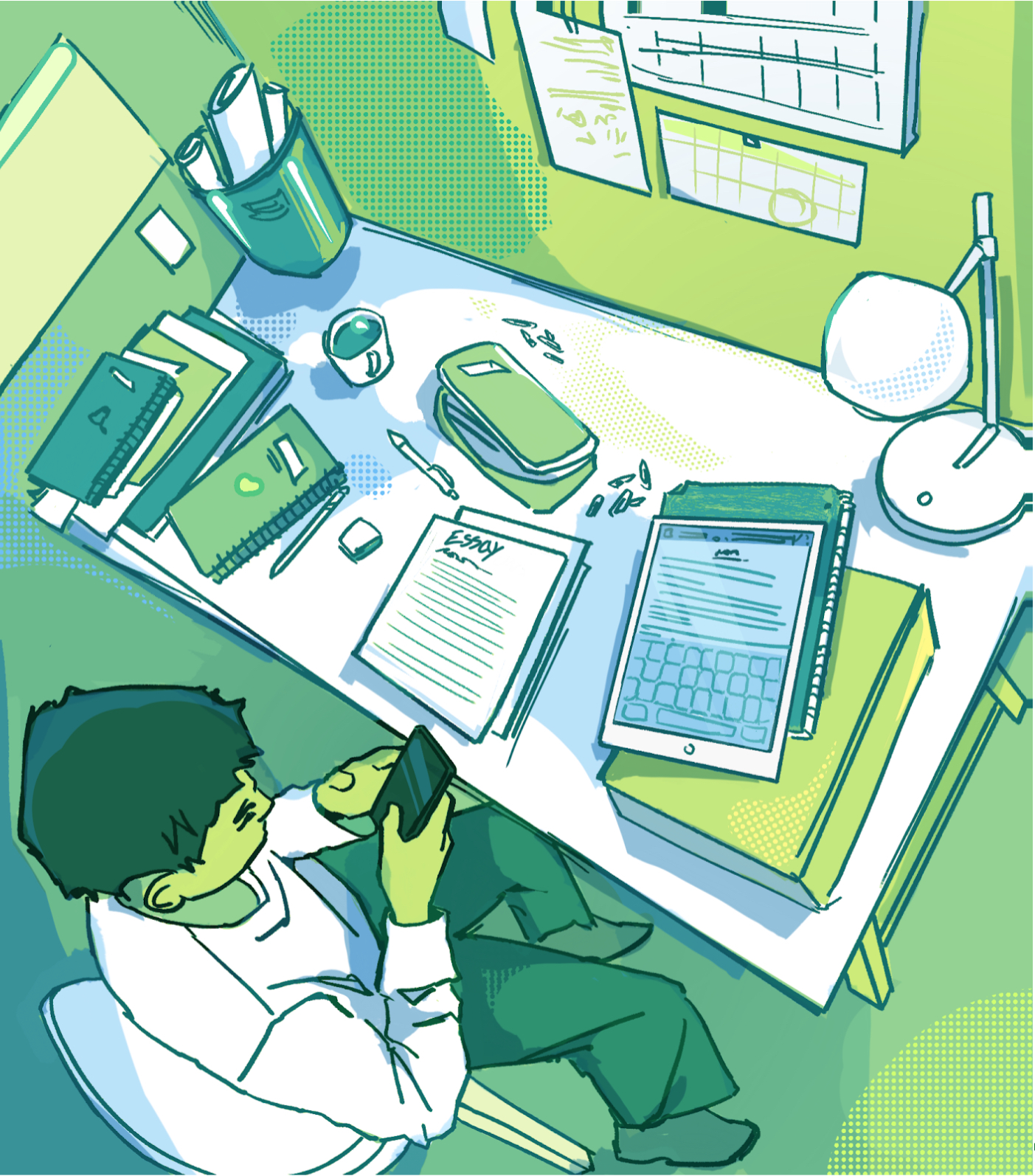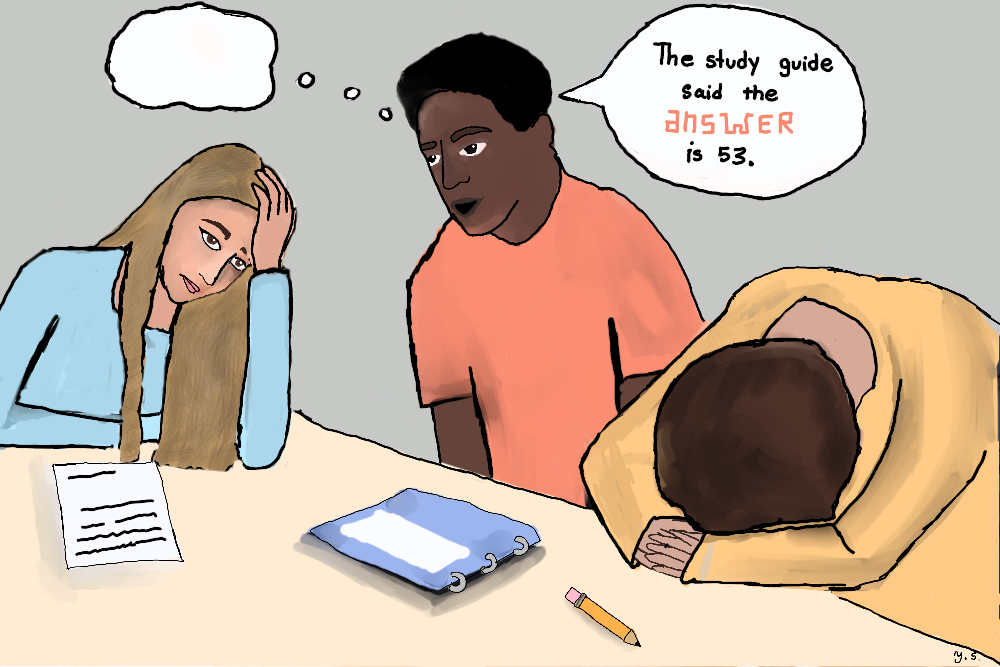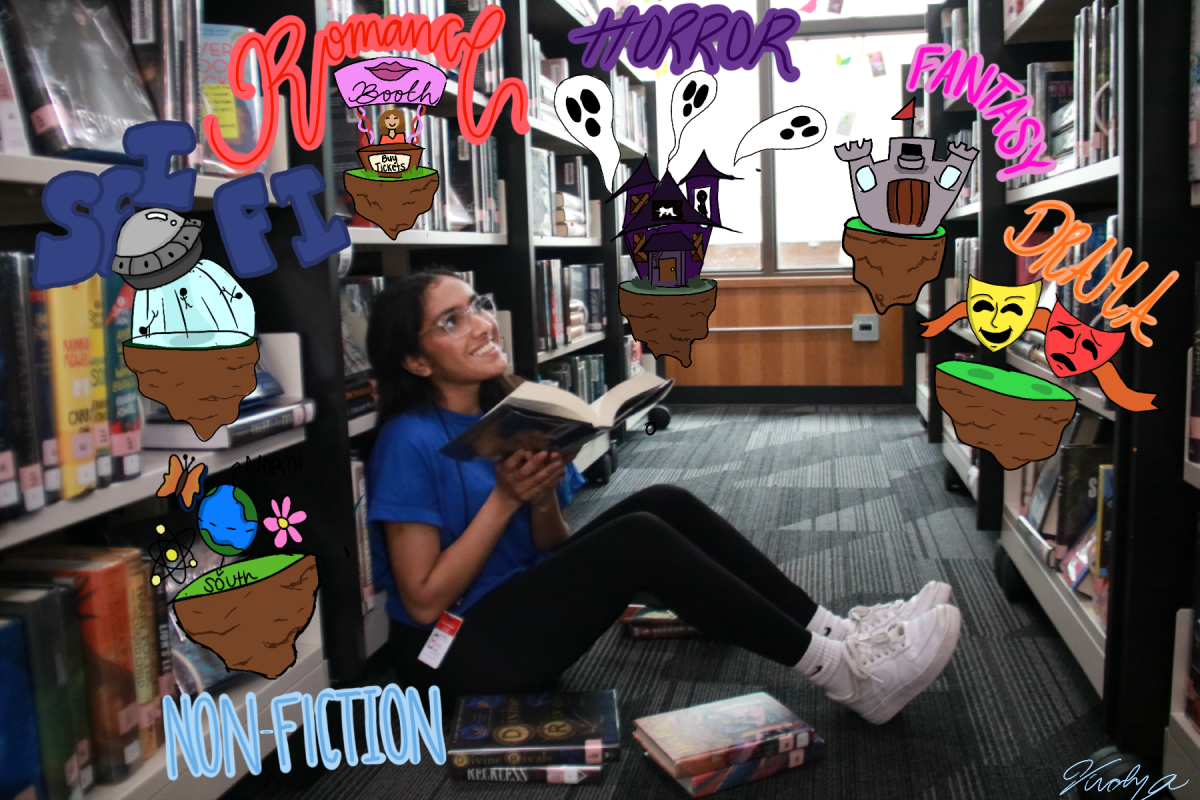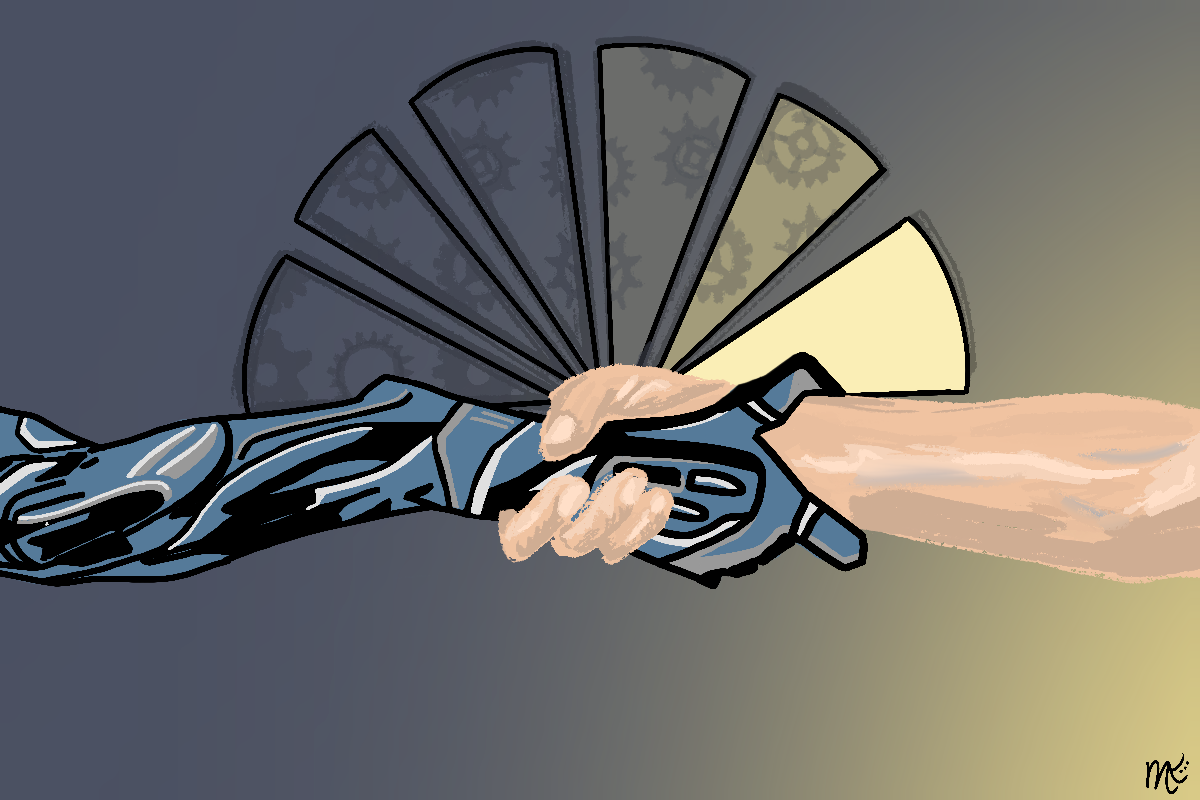You are typing away on your laptop, taking notes for an upcoming test.
You decide that you need a quick break, conveniently switching tabs to a BuzzFeed quiz. After discovering which TV show character is your personality twin, you get back to work, but soon get stuck on a confusing concept.
You want to search it up, but that BuzzFeed quiz tab is still open and only a click away, so why not temporarily distract yourself from the problem and lose yourself in the rabbit hole of BuzzFeed quizzes?
This is why I prefer taking notes on paper rather than on technology. Electronic devices provide plenty of outlets for distractions, such as BuzzFeed quizzes and social media, and I have been a victim of this far too many times.
You may be someone strongly believing technology provides easier access to education and is a more efficient way to get work done. Yes, physical textbooks might not be the most modern way to study or quickest way to derive information. However, after experimenting with various note-taking methods, I can safely say that handwritten notes on paper is my favorite way to retain content.
After I began using paper more frequently, I found myself resisting the temptation to pick up my phone to scroll through my Instagram feed because it felt like a great effort to unlock my phone and swipe to the app. I feel significantly more productive this way, getting more work done in less time without constant distractions.
A sheet of paper with a pen in hand can be a powerful pair, acting as a barrier between the person and their phone.
Call me old-fashioned, but writing on paper is an extremely effective way to retain information. Hand writing on paper engages the mind more, as the physical hand movements of the pen moving up and down the paper and unique markers like highlighting and circling key words creates a more personalized experience. This experience helps to recall the information more easily as hand writing notes on paper provides memories with more hooks to hang on to, helping a person more actively learn new information.
Other than note-taking, paper has its own charm in various other forms.
When we have to read a book for my English class, I always make it a point to get a physical copy, even though many of my classmates use an online PDF. The feeling of a tangible book is something a digital copy will never be able to replicate. Feeling the pages as I flip through them fosters a unique connection with the content. As I feel each page, I feel as though I am in a setting with all the characters, feeling exactly how they are feeling at that moment. Embodying the feelings of the characters helps me understand the text at a deeper level, even if it is nonfiction.
Compared to screens and their blue light, paper materials are less straining on the eyes. As I began to utilize paper more often, I could feel my eyes feeling less tired compared to when I used to take notes digitally. This helped me feel more refreshed after each study session, and motivated me to get more work done.
As the decades pass, it is likely that e-books and digital note-taking devices will continue to increase in popularity. Let it not be forgotten that paper has brought us so far in the world today; electronic forms of studying and note-taking would not have existed if it was not for the invention of paper centuries ago.
Follow @_ishana_sharma on X.
















Kavya Lokhande • Feb 13, 2024 at 12:50 am
Such an interesting perspective! Good job Ishana Sharma